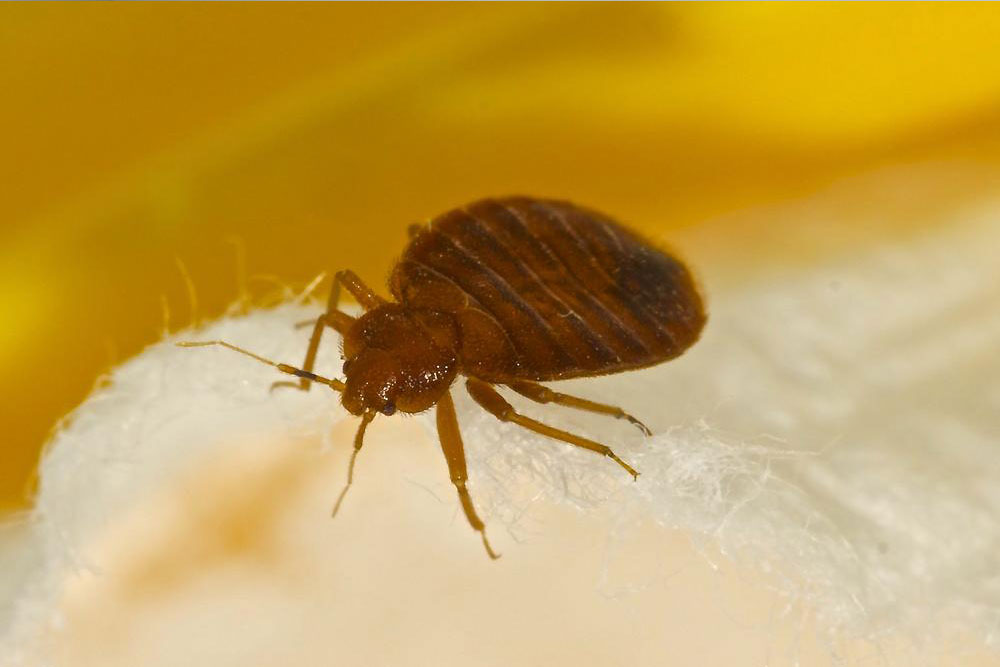Effective Natural Remedies to Relieve Sinus Congestion
Discover a variety of effective natural remedies for sinus congestion, including warm soups, tomato tea, ginger infusions, apple cider vinegar, and bromelain from pineapple stems. These methods help alleviate symptoms and promote sinus drainage naturally. Learn when to seek medical care for persistent or severe sinus issues and how to implement these remedies safely for quick relief.

Comprehensive Natural Solutions for Sinus Congestion Relief
The sinuses, which are air-filled cavities located within the skull bones, play a crucial role in voice resonance, humidification of inhaled air, and filtering out pathogens. However, these cavities are susceptible to inflammation and blockage due to various triggers such as infections, allergies, or environmental irritants. When inflamed, the sinuses produce excess mucus, leading to congestion, facial pain, and pressure that can significantly affect daily life. Many individuals explore natural remedies to alleviate sinus pressure without resorting to pharmaceuticals.
Home remedies can offer significant relief by reducing inflammation, thinning mucus, and opening nasal passages. One of the most popular and comforting solutions is consuming warm soups, especially chicken broth. The warmth helps soothe irritated mucous membranes, while steam from hot liquids can loosen mucus and facilitate easier drainage. Incorporating easy-to-make, nutritious homemade soups provides not only comfort but also critical hydration, which is vital for recovery during sinus issues.
Another effective natural remedy is tomato tea, a simple yet potent drink that can help clear nasal passages rapidly. Tomatoes contain antioxidants and compounds that support immune health, and the warm liquid stimulates mucus flow. To prepare a healing tomato tea, blend fresh tomatoes with hot water, add a pinch of salt or herbs like basil, and sip slowly. This gentle beverage can soothe the sinuses and promote drainage, decreasing congestion quickly.
Ginger is renowned for its anti-inflammatory and decongestant properties, making it an excellent home treatment. Ginger contains gingerols and shogaols, which can suppress inflammatory responses and help reduce swelling within the nasal cavities. To harness these benefits, prepare ginger tea by slicing fresh ginger root and boiling it in water for at least 30 minutes. The resulting infusion can be inhaled as steam (carefully to avoid burns) or sipped warm. The inhalation of ginger steam helps open up nasal passages and relieves pressure, providing rapid relief from sinus congestion. Moreover, ginger's antimicrobial qualities can aid in combating sinus infections.
An often-overlooked natural remedy is apple cider vinegar, which contains acetic acid and potassium that can assist in thinning mucus, making it easier to clear out from the sinuses. To incorporate apple cider vinegar into your sinus relief routine, mix two tablespoons of raw, unfiltered vinegar into a glass of warm water with a teaspoon of honey. Drinking this mixture every 6 to 8 hours can alleviate congestion and support immune function. The potassium content helps regulate electrolyte balance, further aiding in mucus thinning and reducing inflammation.
In addition, bromelain, a mixture of enzymes derived from pineapple stems, has garnered attention for its anti-inflammatory and swelling-reducing effects. Historically utilized by athletes to treat injuries, bromelain works by breaking down proteins in mucus and reducing tissue inflammation. Although more research is needed, preliminary evidence suggests that bromelain supplements may assist in clearing sinus blockages. It's important to consult with a healthcare professional before starting any new supplement, especially if you have allergies or are on medication.
While many natural remedies can provide relief, it is essential to recognize when symptoms may require medical attention. If sinus symptoms persist beyond ten days, worsen significantly, or are accompanied by a high fever, facial swelling, or severe headache, consulting a healthcare provider is crucial. Persistent sinus infections may require antibiotics or other medical interventions to prevent complications.





